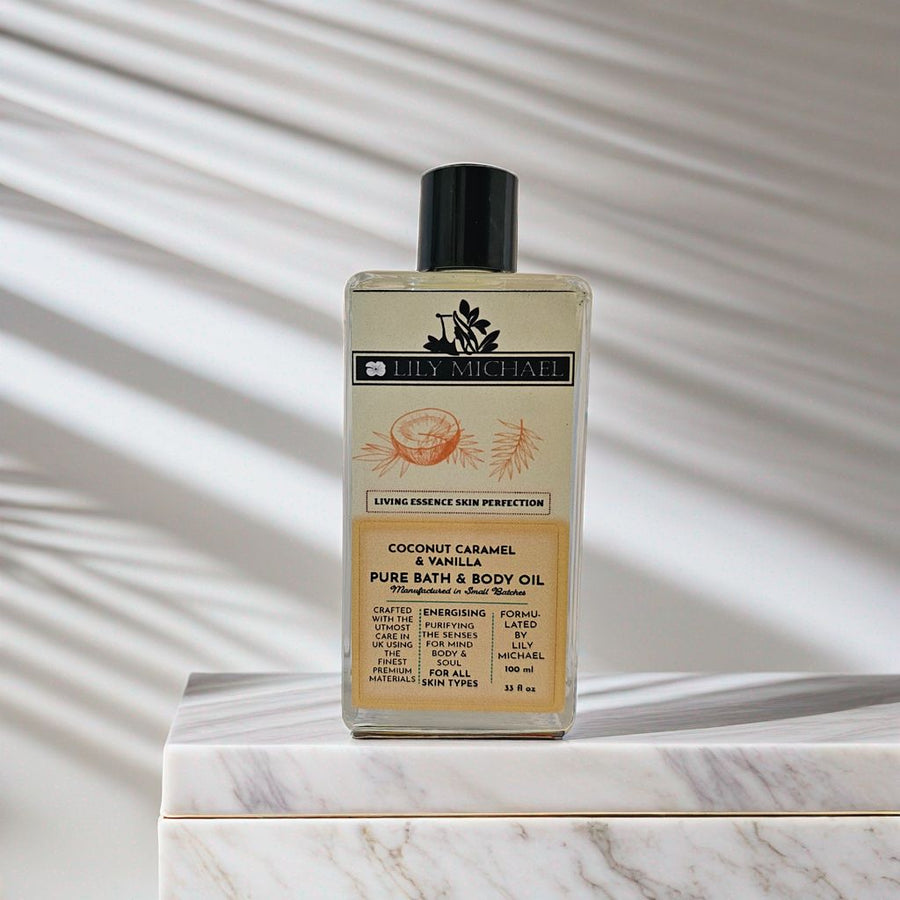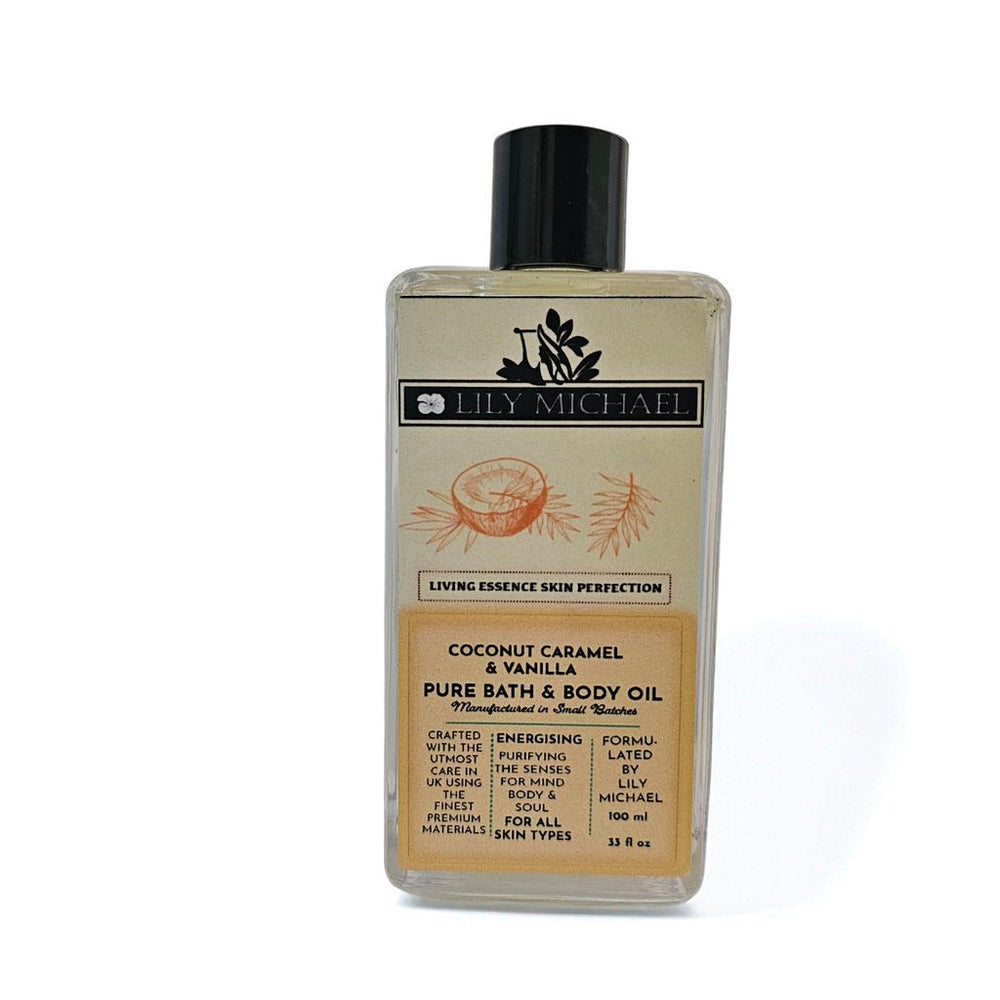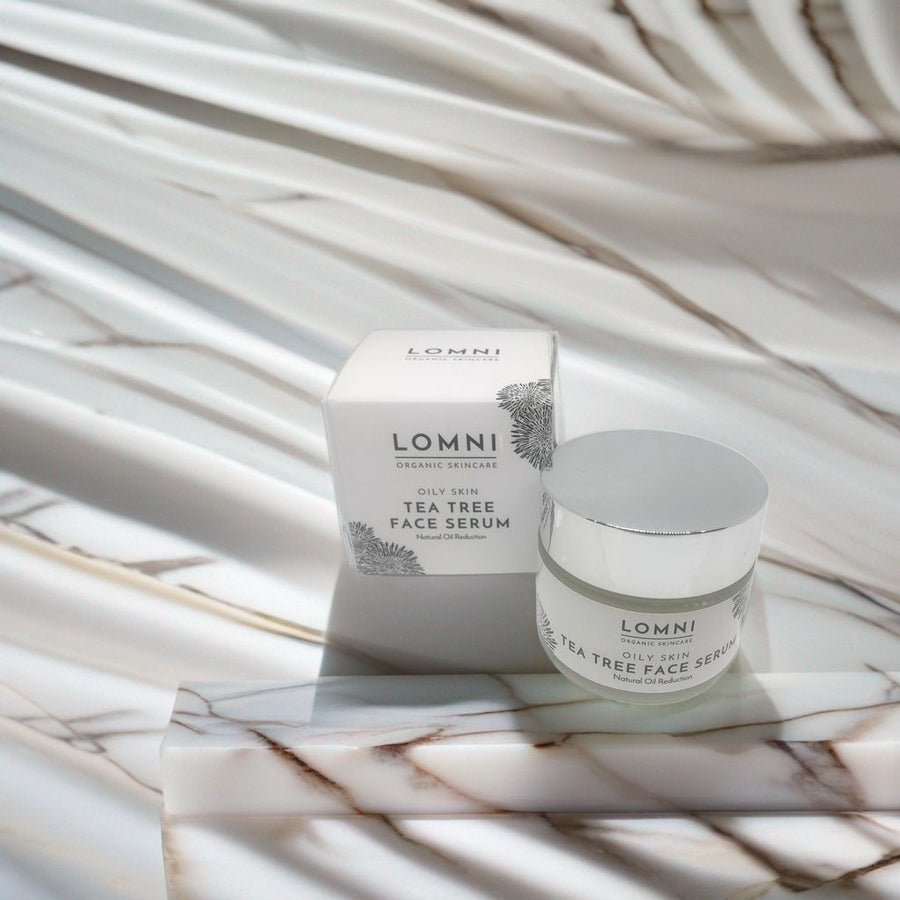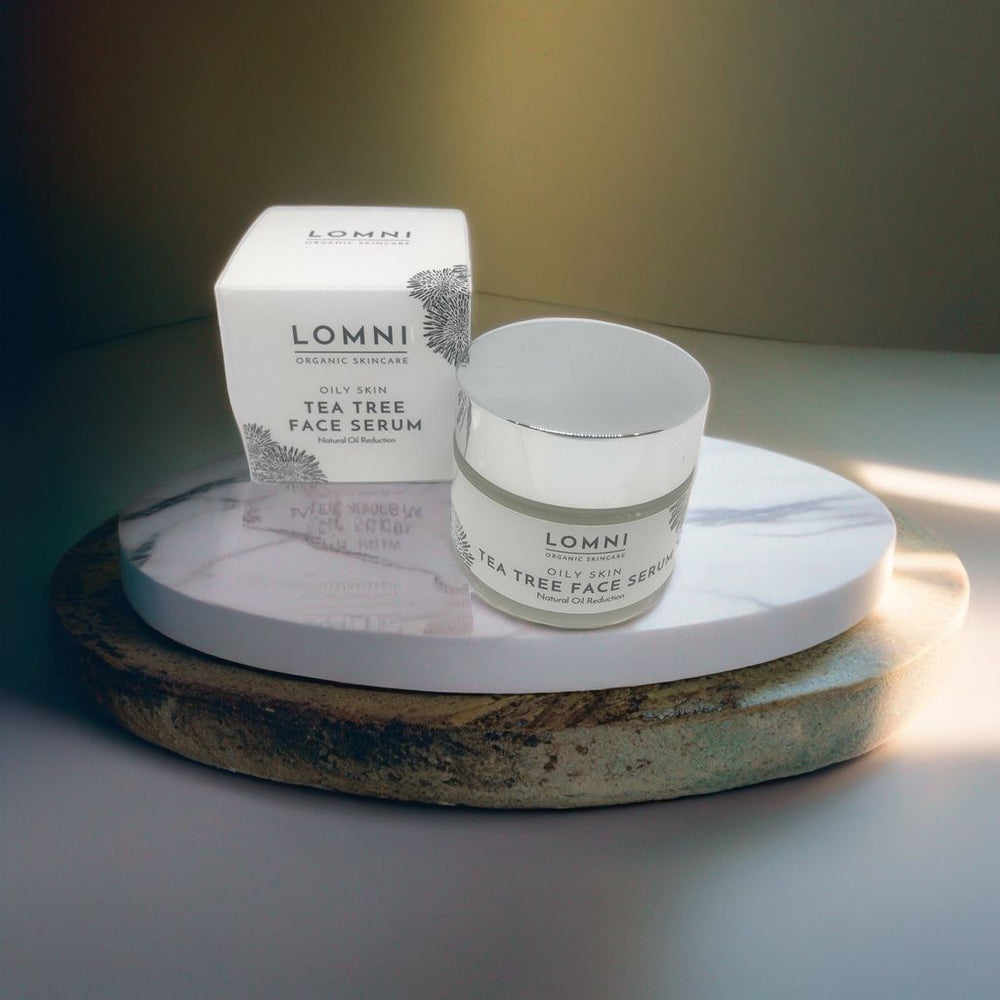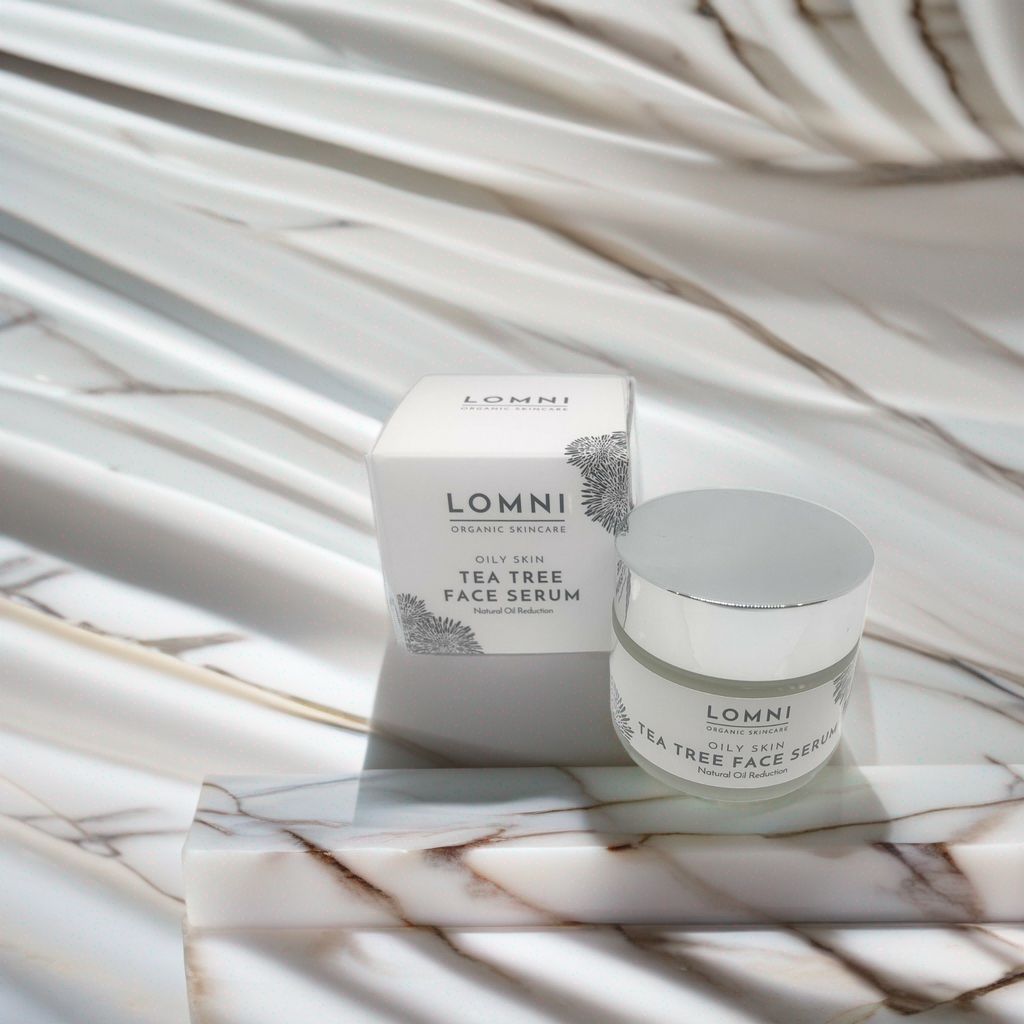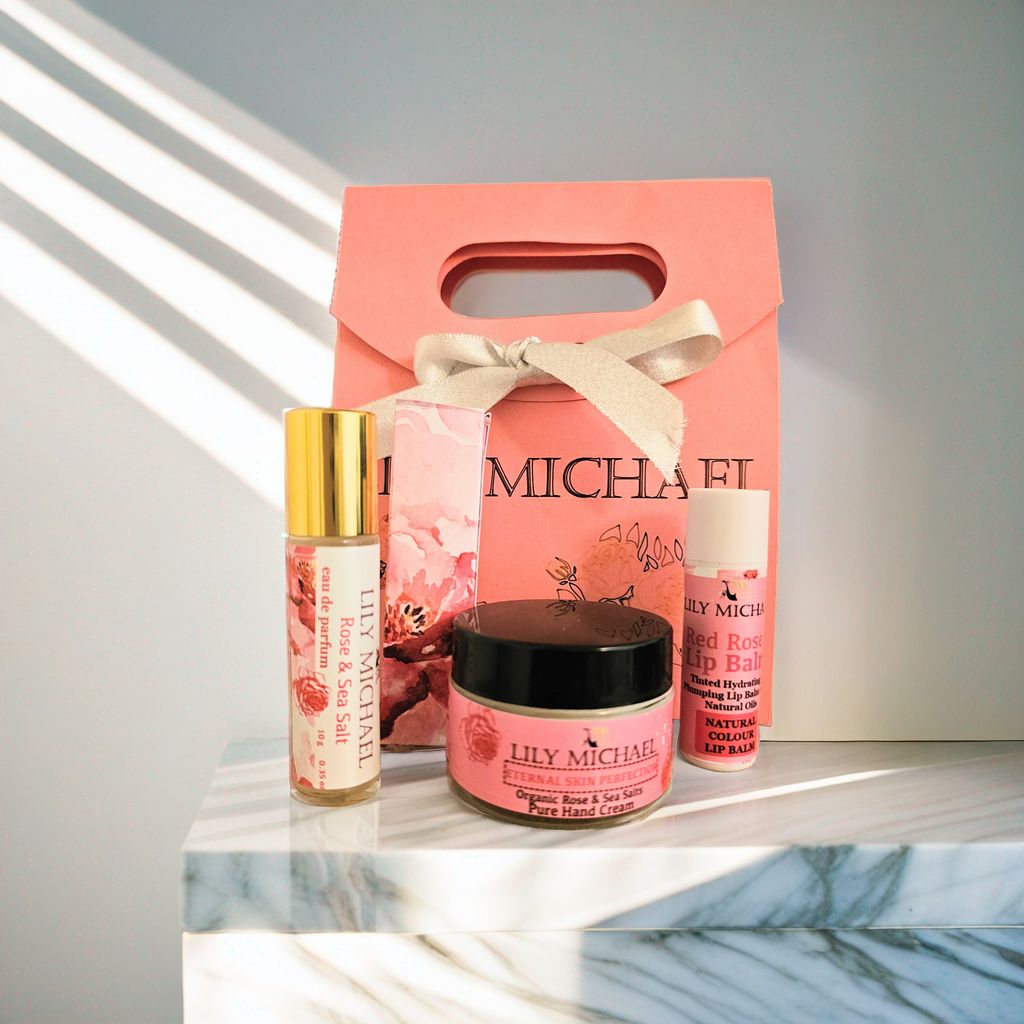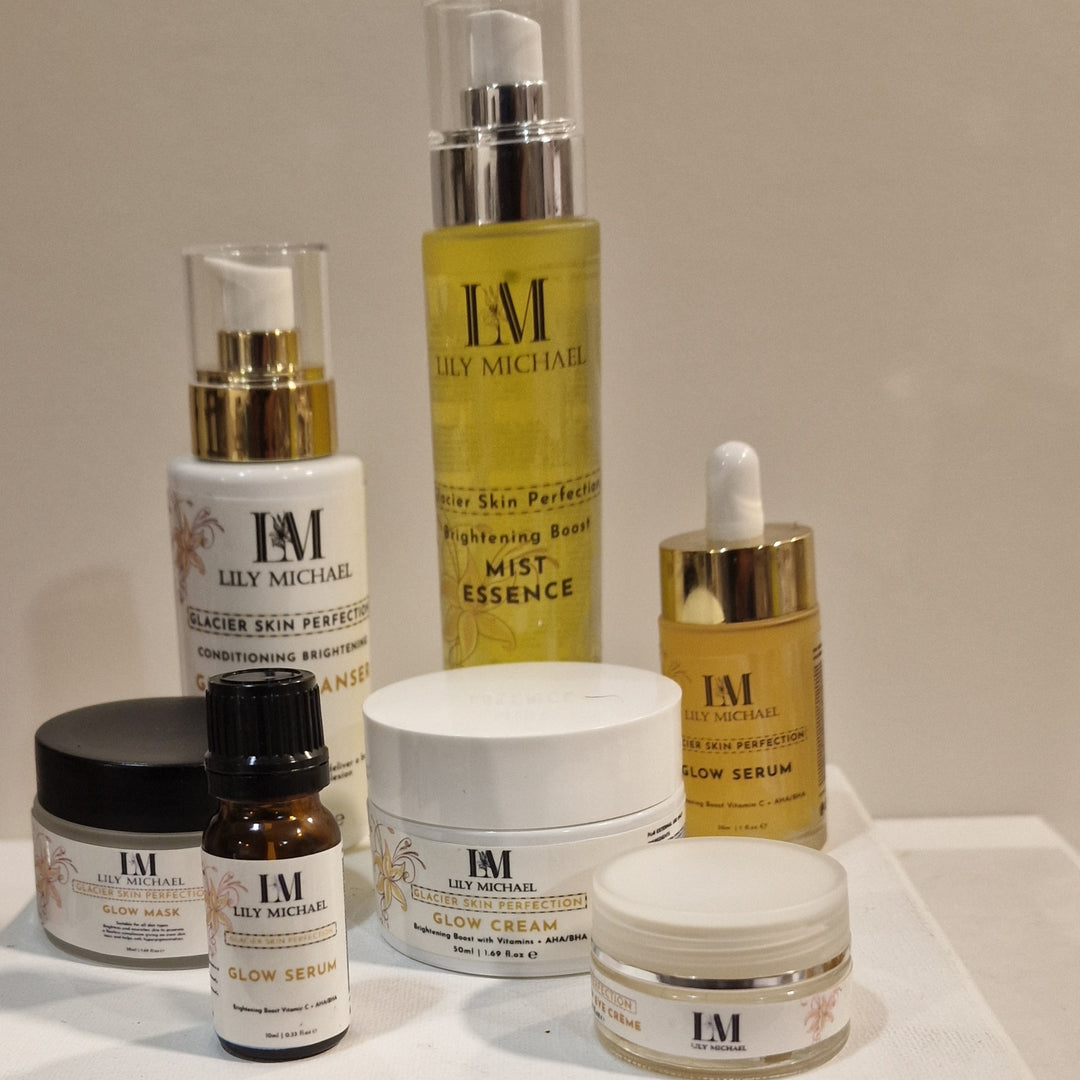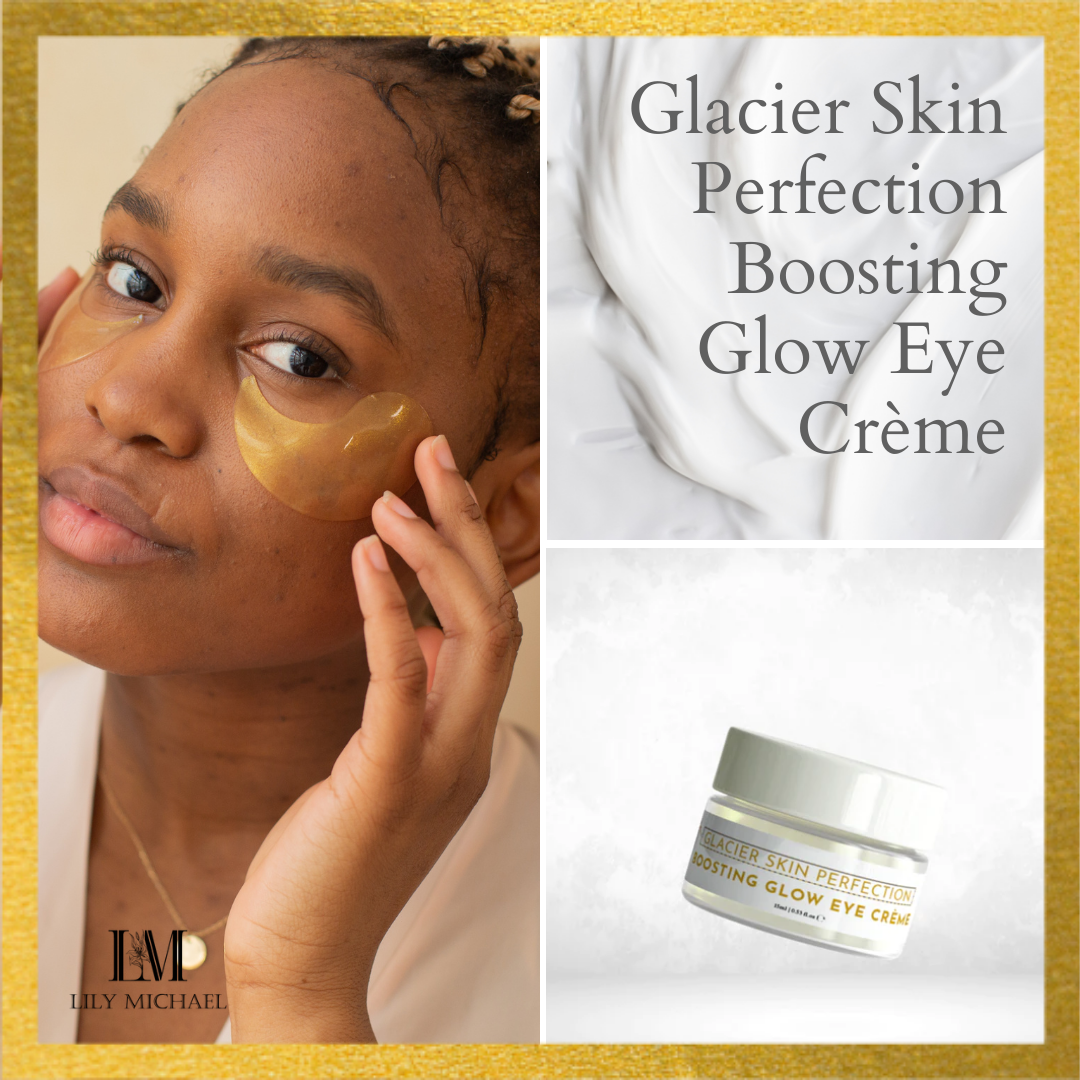Glow Brightly With the Right Light Skin Cream
Get glowing skin with the best light skin creams! Our selection of products are designed to reveal a naturally luminous complexion, giving you healthy and radiant looking skin.
Understand the Science of Skin Brightening.
Skin brightening products work by using a combination of powerful ingredients that help counteract the production of melanin, reduce sun damage and increase cell turnover. These light skin creams often contain ingredients such as vitamin B3, kojic acid, arbutin, and retinol that all have skin brightening effects. With regular use, you may be able to achieve a brighter complexion for an illuminating look.
In addition to the ingredients, there is one more factor to consider when choosing light skin cream: delivery system. It’s essential to pick a product that can deliver the active ingredients deep into your skin cells where they can take effect and produce results. Look for products that are designed specifically to penetrate deeply and absorb quickly, such as liposomes or nanospheres, as these will be most effective in delivering the active ingredients for maximum results.
Brightening ingredients like hydroquinone, kojic acid, and arbutin can be effective in lightening your skin if used properly. It’s important to read the labels of any light skin cream before buying to make sure these ingredients are present. These formulations work by targeting dark pigment and inhibiting melanin production; however, it’s best to consult with a dermatologist before using them to make sure they are right for you. Products containing Natural sources of minerals and vitamins such as Vitamin C or Bearberry Extract can also help brighten the skin without irritating it.
Know Your Skin Type and Tone
Knowing your skin type and tone is key to finding the perfect light skin cream. Answering questions like “What are my skin’s needs?” and “How does it behave in different environments?” can help you determine which products are right for your specific needs. Researching each of the ingredients on our list of creams and reading user reviews can also help you select the best product, so you can start to glow brightly with confidence!
Knowing your skin tone can also help you find the right light skin cream. If your complexion is lighter, look for creams that are labeled as illuminating or brightening to get an extra glow. For a bit more darkness, choose a cream with bronzing fibers or natural oils like avocado and cocoa butter which will lock in moisture without making your face feel greasy or heavy. The key when selecting a light skin cream is to make sure all of the ingredients are safe and nourishing, so you can enjoy gorgeous looking skin the whole summer long.
You should also make sure to read the ingredients list thoroughly and if you’re not familiar with a particular ingredient or its use, do some research and find out exactly how it can help your skin. This will ensure that your light skin cream works well for your individual skin type and tone. Additionally, consider using sunblock but don't neglect healthy habits like drinking plenty of water and eating nutritious meals to keep your skin looking beautiful.
Invest in Natural or Organic Products
Making the switch to natural and organic light skin creams gives you peace of mind that you’re taking care of your skin in a healthier way while still achieving your desired results. Many natural formulas use ingredients like hyaluronic acid, fruit enzymes, and vitamins A, C, and E to plump, brighten, and nourish your skin. These products are often free from harsh or synthetic chemicals like parabens and dyes. Some even contain SPF protection for added sun protection!
Natural or organic light skin cream products often provide the added benefit of being more gentle than other creams. They are perfect for those with sensitive skin or conditions like eczema and psoriasis, as they are often formulated to be less irritating on the skin. Additionally, these products tend to contain emollients that aid in hydration and promote softer skin overall. Look for natural or organic products specifically designed to target your beauty concerns and enjoy a brighter complexion!
Look for Specific Ingredients to Maximise Benefits
When shopping for a light skin cream, it’s helpful to look for certain ingredients that can provide maximum benefit. Look for ingredients that target specific concerns—exfoliating acids to clear away dead skin cells and extracts of soothing herbs and botanicals to reduce inflammation. Additionally, keep an eye out for lightweight moisturizing oils like jojoba oil or sunflower oil that help lock in moisture without feeling greasy.
Go for lightening creams that contain ingredients like kojic acid, which is an effective natural skin lightener derived from a fungus, and glycolic acid, which can help to systematically judge away dark spots. Vitamins A and E will help support the cell renewal process while hyaluronic acid can help replenish skin's moisture. Also, be sure to watch out for any added scents or dyes which may be irritating to sensitive skin.
Stay Protected from the Sun's Harmful Rays
It’s important to apply sunscreen before using a light skin cream in order to protect your skin from the sun’s harmful UV rays. Make sure you use a sunscreen with an SPF of 30 or higher for optimal protection. Don’t forget to reapply every few hours, especially when swimming or sweating, for maximum effect. Additionally, use a hat and sunglasses with UVA/UVB protection when outdoors for extra sun safety.
A light skin cream can help to even out your complexion but it will not protect you from the sun’s harmful rays. Therefore, be sure to use a sunscreen on a daily basis and don’t forget to reapply every few hours if you are going to be in the sun for an extended period of time. Additionally, wearing protective clothing such as hats and sunglasses with UVA/UVB protection is recommended to help keep your skin safe from damaging ultraviolet radiation. With a little extra precaution, you can enjoy healthy-looking skin while also protecting it from potential damage caused by too much sun exposure.




